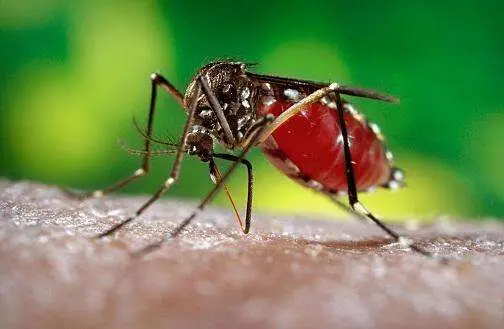GEORGE TOWN, Cayman Islands (CMC) – The Caribbean is taking significant strides in fighting vector-borne diseases (VBDs) such as dengue, Zika, and chikungunya, with regional collaboration at the forefront of this effort.
This week, the Pan American Health Organization (PAHO) hosted a critical workshop in the Cayman Islands to address the growing threat of diseases spread by mosquitoes. Titled “Networking for Improved Responsiveness,” the event brought together experts from over 15 Caribbean nations, alongside key international organizations, to share knowledge and best practices for combating these deadly diseases.
The three-day workshop, a joint effort by PAHO, the Caribbean Public Health Agency (CARPHA), the UK Health Security Agency (UKHSA), and the Cayman Islands government, focused on strengthening regional responses to the rapidly rising prevalence of VBDs. These diseases, including dengue, yellow fever, and chikungunya, are becoming more common and are posing increasing public health risks across tropical and subtropical regions.
PAHO underscored the importance of community-based interventions, robust surveillance systems, and cutting-edge diagnostic tools in addressing the spread of these viruses. The workshop served as a platform for countries to explore innovative solutions, with an emphasis on enhancing vector control programs, improving diagnostic capabilities, and fostering greater community engagement.
“Vector-borne diseases are an urgent public health issue,” said Dwayne Seymour, Acting Minister for Health of the Cayman Islands. “Through collaborative action, we can better manage and mitigate the impact of these diseases on our communities.”
One of the key themes of the workshop was the importance of strengthening the Global Arbovirus Initiative, a PAHO-led initiative launched in 2022. The program aims to enhance cross-border collaboration, improve surveillance, and integrate innovative solutions to manage outbreaks. Participants also reviewed progress on important initiatives, such as the Network of Arbovirus Diagnostic Laboratories and the Health Information Platform for the Americas (PLISA), tools critical for tracking and controlling VBDs.
The workshop highlighted the importance of continued collaboration between Caribbean nations, regional bodies like CARPHA, and global partners like the UKHSA, who work together to curb the impact of VBDs on public health.
PAHO’s comprehensive approach includes both immediate actions and long-term strategies to ensure that countries are equipped to handle the rising threat of vector-borne diseases. By building stronger partnerships and improving response capabilities, the Caribbean is better prepared to confront these health challenges head-on.






